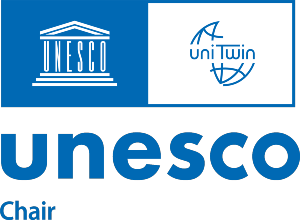Overall Programme Implementation
Overall Programme Implementation & Outcomes
The Work Package approach allows for generation of data and analysis on the implementation and value of the various components of the Mainstreaming Programme. While significant in their own right, the ultimate value of the Work Packages will be generating data and analyses which allow an overall assessment the programme, both on an ongoing basis as early outputs are fed back into the programme, and at programme end. To do this, formal review processes will be established to ensure a clear focus on the overarching question for this research and evaluation study. This may take the form of workshops involving the full research and evaluation team leading to regular outputs for internal use by Tusla.
There will also be areas of implementation not covered in the other work packages which will be in focus here, for example, the impact of organisational culture and climate on programme success.
Outcomes
The Mainstreaming and Development programme is driven by a series of medium-term and long-term outcomes. The intention is that the outcomes will be achieved through an integrated programme of work, spanning the application of a national model of early intervention and support through to the embedding of evidence-based commissioning within Tusla.
The medium-term outcomes (2015–2017) are that:
- Tusla’s prevention and early intervention system is operating effectively, delivering a high-quality, standardised and consistent service to children and families in each of the 17 management areas.
- Tusla service commissioning is increasingly rigorous and evidence-informed, and privileges prevention and early intervention.
- A strategic approach to parenting is increasingly delivering cost-effective better practice and better outcomes for parents and children, thus reducing inequalities.
- Children and families are increasingly aware of available supports and are less likely to fall through gaps, as all relevant services are working together in Tusla’s prevention and early intervention system.
- The participation of children and parents is embedded in Tusla’s culture and operations.
The long-term outcomes of the Mainstreaming and Development Programme are that:
- Intensive implementation support has delivered transformative change in Tusla policies and practice in family support, child welfare and protection, leading to enhanced child and family well-being, less abuse and neglect and a changed profile of children in care.
- Improved outcomes for children and parents and value for money in service provision, achieved through shifting Tusla’s family support budget in favour of evidence-informed prevention and early intervention services.
- Tusla is recognised as a best practice model nationally and internationally in delivering on the public-sector-reform objective of the cost-effective achievement of better outcomes for children and families, based on a core commitment to prevention and early intervention.
Contacts: Dr. John Canavan and Dr.Patrick Malone
Recent Publications:
Malone, P. and Canavan, J. (2018) Systems Change: Final Evaluation Report on Tusla’s Prevention, Partnership and Family Support Programme. UNESCO Child and Family Research Centre, National University of Ireland Galway.







